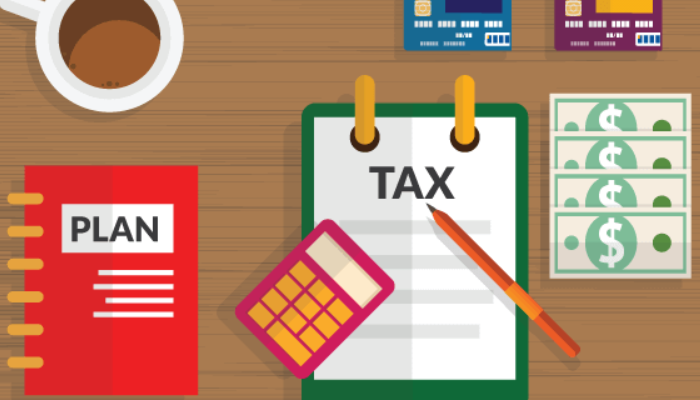Tax planning is an important part of financial planning. It involves understanding the tax implications of decisions and taking steps to minimize the impact of taxes on your financial situation. Tax planning can help you save money and make sure you are in compliance with the law. This guide will cover the basics of tax planning, including what it is, why you should engage in tax planning, strategies for minimizing your tax liability, precautionary steps to take, and resources for assistance.
What Is Tax Planning?
Tax planning is the process of structuring your financial decisions to minimize your tax liability. It involves taking advantage of deductions, credits, and other tax strategies to reduce the amount of taxes you owe. Tax planning is important because taxes can take a significant chunk out of your income. By taking proactive steps to reduce the amount of taxes you owe, you can keep more of your hard-earned money.
Reasons to Engage in Tax Planning
Tax planning is important for a number of reasons. First, it can help you save money by reducing the amount of taxes you owe. Second, it can help you plan for the future. You can use tax planning to save for retirement or other long-term goals. Third, tax planning can help you maximize your deductions and credits, which can further reduce your tax liability. Finally, tax planning can help you stay in compliance with the law by ensuring you pay the correct amount of taxes.
Strategies for Minimizing Your Tax Liability
There are a number of strategies you can use to minimize your tax liability. The first is to take advantage of deductions and credits. These can reduce your taxable income and lower the amount of taxes you owe. Common deductions include charitable contributions, mortgage interest, student loan interest, and medical expenses. Common credits include the Earned Income Credit, the Child Tax Credit, and the American Opportunity Credit.
Another strategy is to take advantage of retirement accounts. Contributions to employer-sponsored retirement accounts, such as 401(k)s and 403(b)s, are tax-deferred, meaning you don’t owe taxes until you withdraw money from the account. This can help you save for retirement while also minimizing your tax liability.
Finally, you can take advantage of tax-advantaged investments. These are investments that provide tax benefits, such as municipal bonds and real estate investments. By investing in these types of investments, you can minimize the amount of taxes you owe on your investments.
Precautionary Steps to Take
When engaging in tax planning, it’s important to be aware of the potential risks and take steps to protect yourself. First, make sure you understand the tax laws and your responsibilities under the law. If you’re not sure, seek the advice of a qualified tax professional.
Second, make sure you keep accurate records. This will help you keep track of your deductions and other tax strategies. Finally, make sure you file your taxes on time. Filing late or not filing at all can result in penalties and fines, so it’s important to make sure you file your taxes on time.
Resources for Assistance
If you need help with tax planning, there are a number of resources available. The IRS website is a great resource for information on tax laws and filing requirements. Additionally, there are a number of tax preparation software programs available that can help you with filing your taxes. Finally, you can seek the advice of a qualified tax professional for personalized advice and assistance.
Conclusion
Tax planning is an important part of financial planning. It can help you save money by minimizing your tax liability and can help you plan for the future. There are a number of strategies you can use to minimize your tax liability, such as taking advantage of deductions, credits, and tax-advantaged investments. It’s important to be aware of the potential risks and take steps to protect yourself.

















Comments